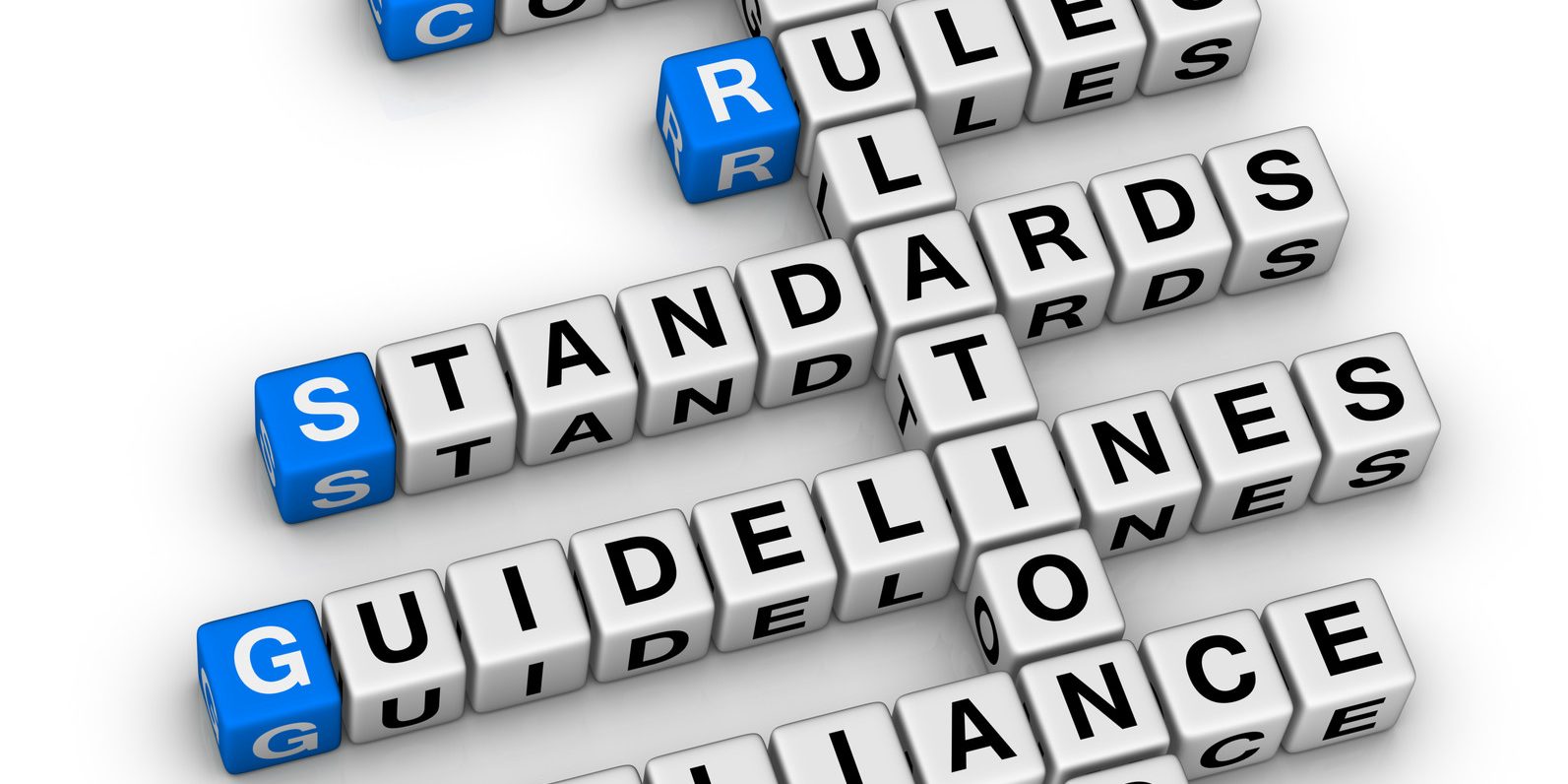Dental Labs
Why it is Important to Work with a CDT, CDL or DAMAS Laboratory
Heather Voss, CDT
Whenever we drive a car, purchase something online, use a cellphone or take our children to an amusement park, we are benefiting from minimum quality standards without even knowing it. Standards have become such an integral part of our daily lives that the average person gives little to no thought to everyday products and services and how they work. We trust that the person providing the product or service is providing quality. However, as many of us have experienced, not all products or services are equal.
Standards establish specifications and procedures designed to ensure the reliability of the materials, products, methods, and/or services people use every day. Standards address a range of issues, such as the various protocols that help ensure product functionality and compatibility, facilitate interoperability as well as support consumer safety and public health.
Dental laboratories and trained and educated dental technicians play an important role in the delivery of quality dental care. Dentists and patients deserve to know where their dental restorations are coming from, who is making them and what materials are used in the process. This is where standards come into play.
Certification is the professional standard in dental laboratory technology. The National Board for Certification in Dental Laboratory Technology (NBC) administers two programs – the Certified Dental Technician (CDT) and the Certified Dental Laboratory (CDL) credentials. Additionally, the National Association of Dental Laboratories (NADL) administers the Dental Appliance Manufacturers Audit System designation. These programs are a means to identify the dental technicians and dental laboratories that have demonstrated their technical qualifications against a national standard and displayed their commitment to maintaining quality within the services and products they deliver to dentists and patients.
In the U.S., certification is voluntary. Currently, no state in the U.S. requires a dental technician to be licensed and only 4 states in the U.S. require certification of at least one dental technician in the laboratory (Texas, South Carolina and Kentucky) or continuing education (Florida) for a laboratory to operate in that state. All other states have no minimum qualifications for someone to work as a dental technician.
When you partner with a CDT, CDL or DAMAS lab, you are working with professionals dedicated to compliance with documented standards but also a desire to be an industry leader.
The CDT certification measures competency of a predetermined body of knowledge and the skills deemed to represent the successful, professional-level practice of dental technology. To become a CDT, a technician must demonstrate their knowledge and applied skills through both written and practical (hands-on) examinations. CDTs are required to earn a minimum of 12 hours of continuing education each year to retain their CDT status. Per a recent survey completed by the NBC (National Board for Certification) 61% of CDTs have earned a 2-year degree or higher, 30% hold 2-year degrees in dental technology and the average CDTs experience is 24 years. The CDT credential is the only certification program for dental technicians recognized by the American Dental Association.
The CDL certification requires stringent infection control, personnel training, equipment, facility and case management standards with a Certified Dental Technician overseeing technical quality in the laboratory. The CDL is recognized by the National Association of Dental Laboratories (NADL), the American Dental Association (ADA) and the American College of Prosthodontists (ACP). It also receives outstanding support and participation from U.S. military services.
The standards required to be a DAMAS dental laboratory closely mirror the U.S. Food and Drug Administration’s Quality System/Good Manufacturing Practice (QS/GMP) specifications and provide a clear-cut process for improving documentation in every facet of laboratory operations including: dental prescriptions/work authorizations; patient contact materials; subcontractor/supplier agreements; material and equipment purchases; employee training; maintenance and calibration of equipment; labeling; customer complaints; and material traceability.
At a personal level, we can see why standards are important. They provide a guarantee of safety, predictability and usability. We do not have to worry whether our electrical wiring is safe, or that a piece of paper will fit into an envelope and we can plug a light bulb into any lamp. In the case of dental restorations-when you work with certified professionals, standards ensure that you can be confident the services provided and the materials and processes used to fabricate your restorations meet or exceed industry guidelines and regulations.
To learn more visit: www.nbccert.org, www.nadl.org, www.dentallabs.org
Heather A. Voss, CDT, owns and operates Legacy Dental Arts in Hamburg, NY. She is a second generation dental technician and has been in the dental laboratory technology field for over 25 years. She is an LD Pankey graduate and a LVI certified master esthetic technician. She has been published in various clinical and technical journals and has lectured for both dental technicians and clinicians throughout her career. Her experience working in small family owned labs as well as large privately owned and corporately owned labs has given her unique insight and expertise in the technical, production and business management aspects of the dental laboratory business. Heather currently serves on the National Association of Dental Laboratories Board of Directors and was previously the Chair of the National Board for Certification in Dental Laboratory Technology.


